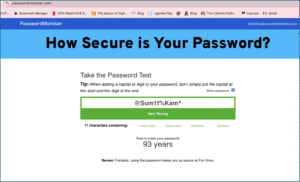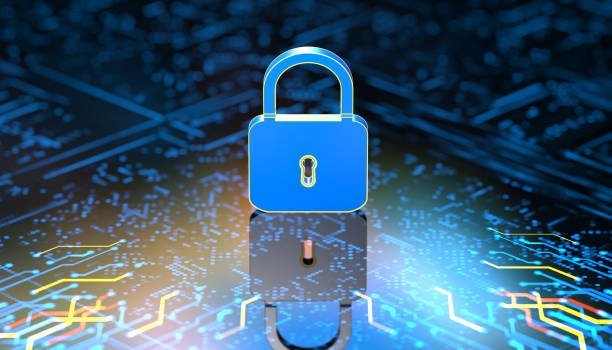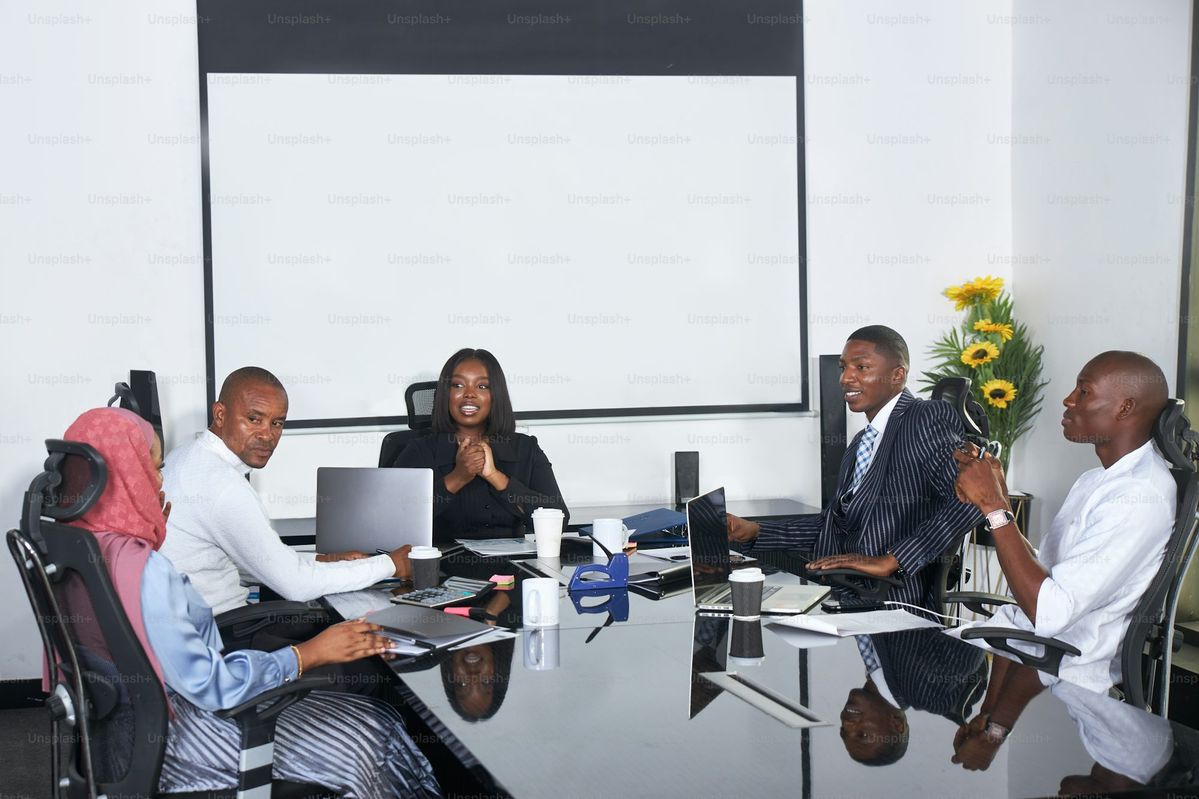As we enter Week 2 of Cybersecurity Awareness Month 2025, one truth remains clear: cybersecurity is everyone’s responsibility. Whether you are a student attending lectures online, a CEO managing strategic decisions, a board member shaping governance, or someone simply scrolling through social media, your online actions matter.
Cyber threats are becoming more sophisticated, targeted, and relentless. From ransomware attacks crippling institutions to phishing scams that trick individuals into surrendering sensitive data, the digital threat landscape is evolving faster than ever before.
This week, our focus is to equip individuals, leaders, and families with actionable cybersecurity knowledge that can make the difference between resilience and vulnerability.
The first line of defense against cyber threats starts with individual behavior. Simple, intentional steps can drastically reduce your risk.
- Use Strong, Unique Passwords
Using passwords like password123 or your date of birth is like leaving your front door closed but not locked. Weak passwords can be cracked in less than 0.05 seconds, exposing your personal accounts to hackers.
- Use long passphrases (11+ characters) with mixed symbols, numbers, and cases.
- Avoid reusing the same password across multiple platforms.
- Use a password manager to securely store and generate strong passwords.

Test the strength of your passwords using this tool: Password Monster. A well-structured password could take 93 years to crack, compared to just a few seconds for a weak one. Think of a password like a toothbrush: don’t share it, and change it regularly.
- Beware of Phishing Scams
Phishing remains one of the most common and successful forms of cyberattacks. Scammers use fake emails, SMS, or websites to trick you into giving up personal information.
- Pause before you click. If something looks suspicious, do not act immediately.
- Verify the source through official websites or customer service lines.
- Never enter your personal details via email links.
For example, if you receive an email appearing to come from MTN Uganda asking you to update your details, go to the official MTN website or verified social media pages to confirm. When in doubt, throw it out. If a message feels “off,” trust your instincts.
- Update Your Software Regularly
Those update pop-ups on your phone or laptop are not inconveniences; they are critical security patches. Hackers often exploit outdated software to gain unauthorized access.
- Enable automatic updates on your devices.
- Regularly update browsers, operating systems, and apps.
Updating your software is like giving your boda boda a free service it keeps everything running smoothly and safely.
- Be Cautious with Public Wi-Fi
Public Wi-Fi networks are convenient but notoriously insecure. They can allow hackers to intercept your data in real time.
- Avoid logging into sensitive accounts (e.g., banking, email) while on public networks.
- Use a VPN (Virtual Private Network) for encrypted browsing.
- If you must use public Wi-Fi, avoid making any financial transactions. Treat public Wi-Fi like an open market, and be mindful of what you reveal in public.
- Enable Multi-Factor Authentication (MFA)
MFA adds a second layer of security, such as a code sent to your phone or generated by an app, making it much harder for attackers to access your accounts.
- Activate MFA on all critical accounts: email, social media, banking, and work systems.
- MFA is quick to set up but significantly improves your security posture.
Think of MFA as adding a second lock to your digital door.
Decision-makers must lead by example and foster a culture of security throughout their organizations.
Join Our Cybersecurity Awareness Trainings & Conference
This Cybersecurity Awareness Month, do not just read about security.
Summit Consulting and the Institute of Forensics & ICT Security invite you to:
Free Cybersecurity Awareness Training: Equip your teams, schools, or communities with practical cybersecurity skills.
The Cybersecurity and Risk Management Conference is a premier gathering of leaders, experts, and practitioners to discuss emerging threats, risk management strategies, and regulatory updates.
Who should attend?
- Corporate teams and executives
- Board directors and decision-makers
- Students and educators
- Families and the general public
Register now to secure your spot and be part of a community driving cybersecurity excellence.
Cybersecurity Awareness Month is not just a campaign; it’s a call to action. Every click, every login, every update matters. Whether at home, at work, or online, your choices determine your security.
It only takes one careless click to compromise your data, but it also takes just one informed decision to protect it.
For bookings and inquiries, reach out to our team today.









